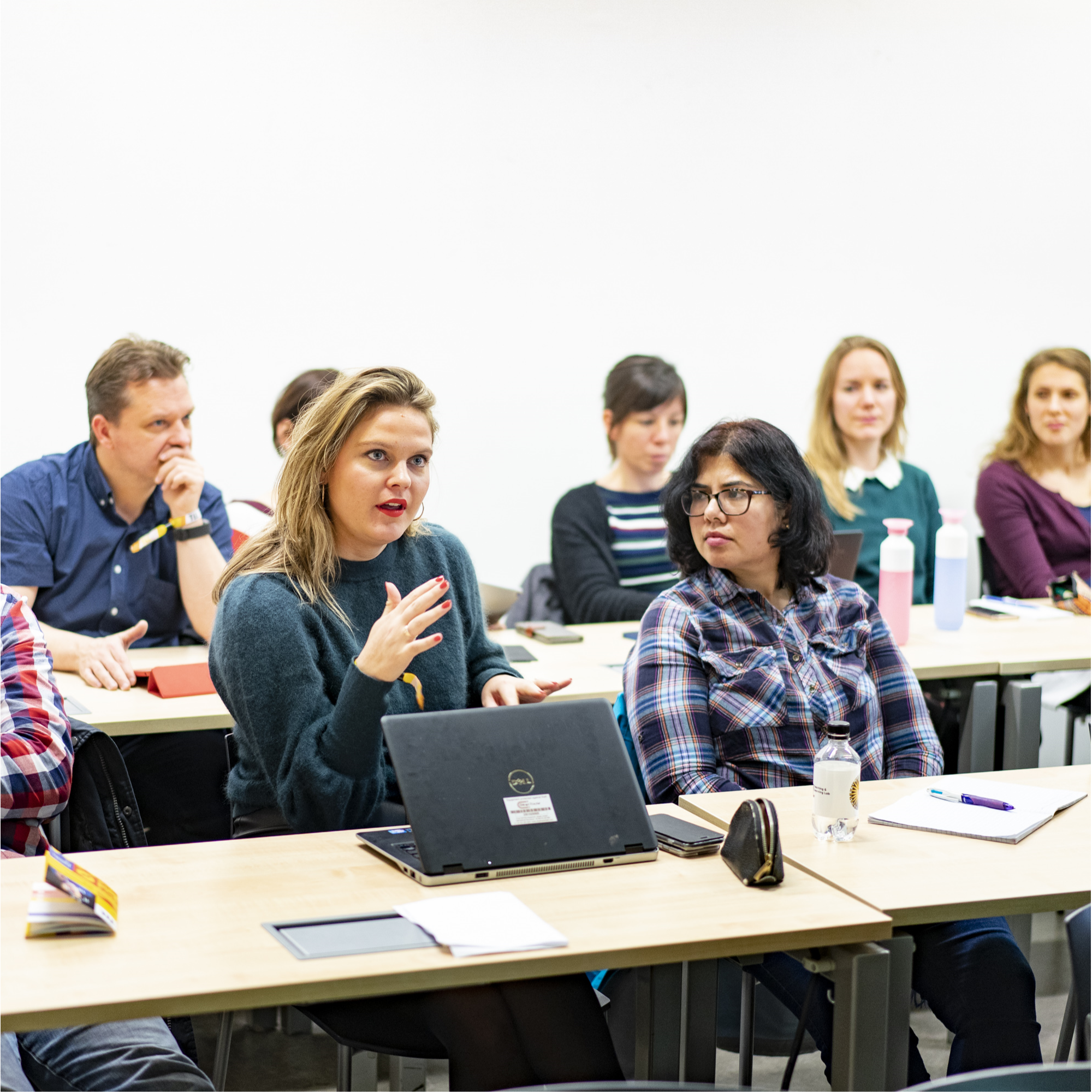Nieuws
De fysieke onderwijsruimte: Herfstfestival 2021
Tijdens het Herfstfestival op vrijdag 12 november gaan we het hebben over het onderwijs van morgen. Naast dat de online leeromgeving een steeds belangrijkere rol gaat spelen, blijft ook de fysieke ruimte bindend voor een aantal onderwijsvormen. Bij welk onderwijs heeft de fysieke locatie nou écht een toegevoegde waarde? Kom meedenken tijdens het Herfstfestival en één van de workshops die volledig on-campus zullen worden verzorgd!
Toine Pieters (UU) and Tim Overkempe (UU)
The Living Pasts course is a Utrecht University course, in which bachelor’s and master’s students get the opportunity to uncover the rich history of Utrecht, using raw historical data and digital technologies. The students are challenged to validate, combine and visualize historical data across disciplines, focusing on a particular geolocation across the centuries. The end-product is in the form of a smartphone application (VR, AR, game or visual novel) will be reviewed by external partners and stored on the living pasts platform. During the workshop at the TLL Autumn festival we will dive into the possibilities of such interdisciplinary and practical courses, focusing on the challenges and the benefits that may arise.
Laurien Jansen (UU)
Tijdens de workshop van het project Future Learning spaces gaan we het concept van een Learning Plaza verder uitdiepen en vormgeven. In een Learning Plaza vinden zowel formele als informele leeractiviteiten plaats, waarbij er voor de verschillende type (leer)activiteiten verschillende hoeken zijn ingericht. Na een initiële discussie over toegevoegde waarde en beperkingen van de fysieke leeromgeving gaan we actief aan de slag met het creëren van ontwerpen voor de Learning Plaza in het Minnaert gebouw op het Utrecht Science Park.
Ivar Troost (UU) and Simon Dirks (UU)
Let’s shape tomorrow: Complex problems in society require a transdisciplinary approach. The Faculty of Science is developing The Science Games to encourage students from different disciplines to work together in solving these issues – in collaboration with stakeholders and experts in- and outside the university. During this offline hackathon, you will experience first-hand what it is like to join forces and face the challenges of the future. Along the way we will share lessons we’ve learned in deploying designing-as-learning in our classrooms, and how this impacts the social contract between teachers and learners.

